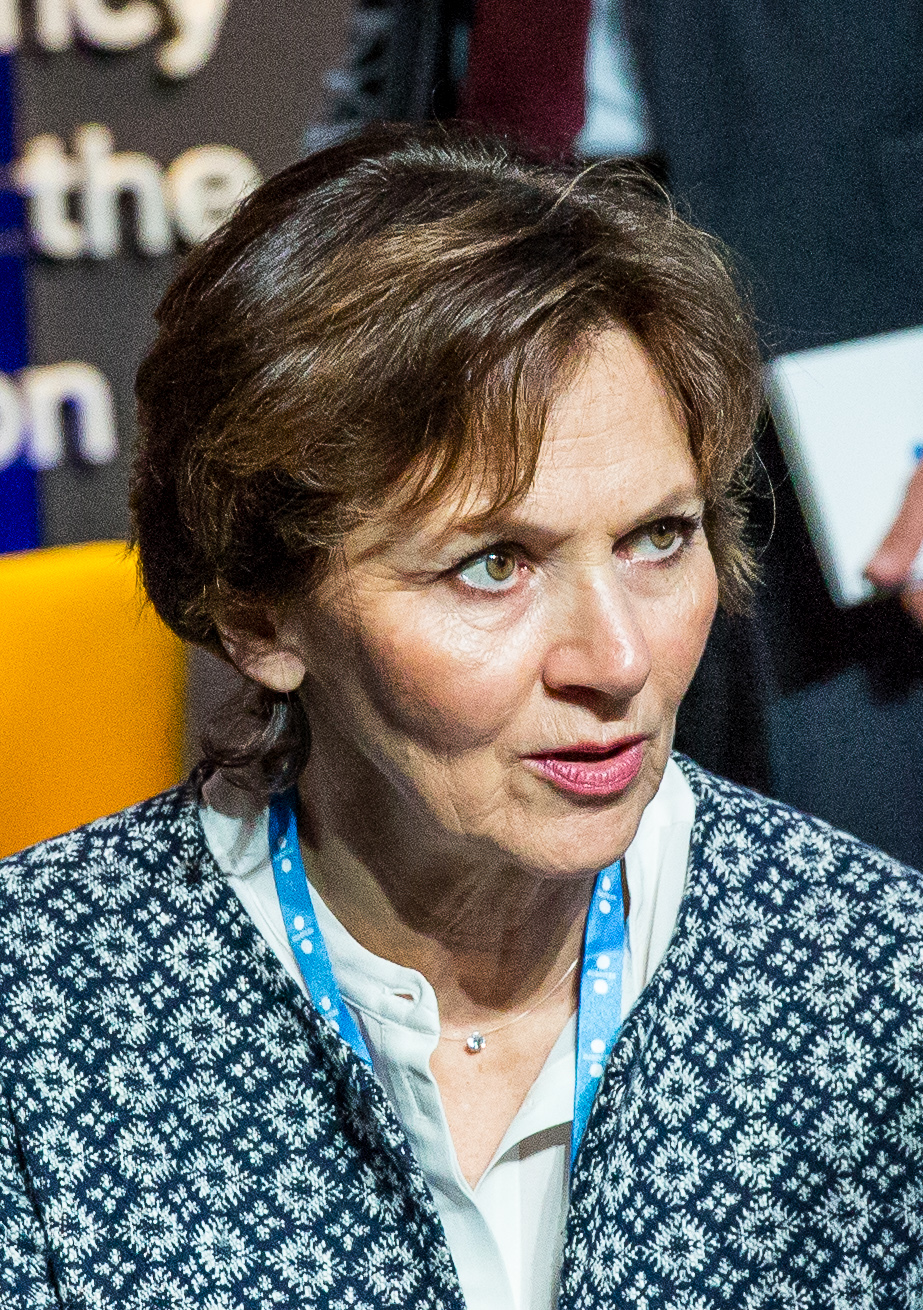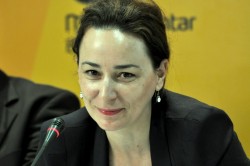BSF Panel 12: Kosovo-Serbia Relations: The Circle of (Dis)Trust and (Un)Equality (BCSP in Partnership with ECFR)
After more than eleven years of the EU facilitated dialogue between Belgrade and Pristina, this process could be described as “one step forward, two steps back”. The seriousness of challenges that constantly emerge in relations between Kosovo and Serbia shows that despite the goodwill and dedication of the Western stakeholders, domestic democratic capacities, nationalistic politics, geopolitics, and third players hinder the possibility of reaching a comprehensive solution.
Many public opinion polls show that the ethnic distance between Serbs and Albanians almost doesn’t decrease over time, that both nations have maximalist expectations from the dialogue and an entirely opposite view on the past. Local leaders often abuse this context, resulting in the constant production of intolerance, nationalism, aggression, and misperceptions of reality constantly changing in a spiral that leads to an uncertain future for citizens. A future in which both nations and leaders will retain a sense of threat, distrust and inequality where life and prosperity will be impossible.
Therefore, the discussion in this panel will focus on the following questions:
- What went wrong in the dialogue process? Is the West (or EU-US) able to facilitate the process or should the strategy and framework of the dialogue be re-considered?
- How to ensure that the agreements reached are implemented?
- What are the biggest obstacles to building trust between Serbs and Albanians, and how to overcome them?
- What does the future of Kosovo and Serbia relations look like in five years time?
- What will be Germany’s post-Merkel policy towards the Western Balkans?
- Will it follow the directions set by one of the most influential European politicians, or will it look for new modalities of engagement?







